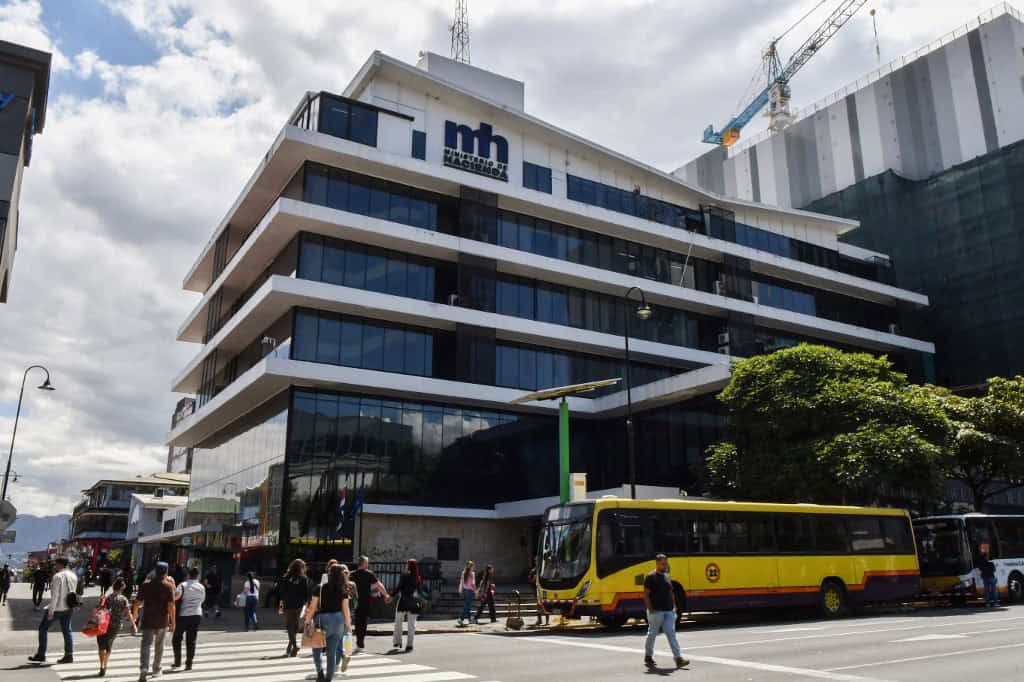Costa Rica is holding steady economically despite global tensions sparked by conflicts involving Israel, the United States, and Iran, according to Federico Quesada Chaves, director of the School of Management Sciences at Universidad Estatal a Distancia (UNED). Strong international reserves and prudent monetary policies are key to this resilience, keeping exchange rates and inflation in check.
Costa Rica boasts a record-breaking $14.559 billion in international reserves, signaling confidence to markets and stabilizing the Costa Rican colón. Quesada noted that this robust financial position shields the economy from global shocks, even as Middle East conflicts raise concerns about oil prices. While Brent crude dropped 8% to $69 per barrel, moderate price increases in July tied more to global growth expectations than geopolitical strife. The U.S. has ramped up domestic oil production to curb sharp rises, further easing pressure.
On inflation, Costa Rica benefits from the Central Bank of Costa Rica (BCCR) maintaining its Monetary Policy Rate at 4%, prioritizing recovery over premature rate hikes. Quesada expects no adjustments unless international risks escalate significantly, reflecting trust in the country’s macroeconomic framework. Recent reports indicate global inflation pressures, with June’s rate at 2.2%, but Costa Rica’s core inflation remains manageable, aligning with central bank targets.
Potential vulnerabilities include crude oil imports, goods with high transport costs, and pharmaceuticals, which could face price hikes if tensions worsen. A sustained rise in global oil prices might weaken the colón, impacting domestic prices and sectors like exports and tourism. However, Quesada sees no immediate threat, citing stable oil markets and the Strait of Hormuz remaining open after a fragile Israel-Iran ceasefire.
There is optimism, with analysts highlighting Costa Rica’s reserves as a buffer against Middle East fallout. Quesada advises against panic, urging the public to avoid rash decisions like hoarding fuel. “There’s no need to stress supply chains,” he said, noting that falling Brent crude prices could lower local fuel costs if the trend holds.
Costa Rica’s preparedness stems from careful monetary policy and a strong financial stance, Quesada emphasized. He encourages staying informed via official sources and maintaining normal consumption and production. With global markets cautiously optimistic after recent de-escalations, our economy appears well-positioned to weather external pressures, provided major disruptions like a Strait of Hormuz closure are avoided.






